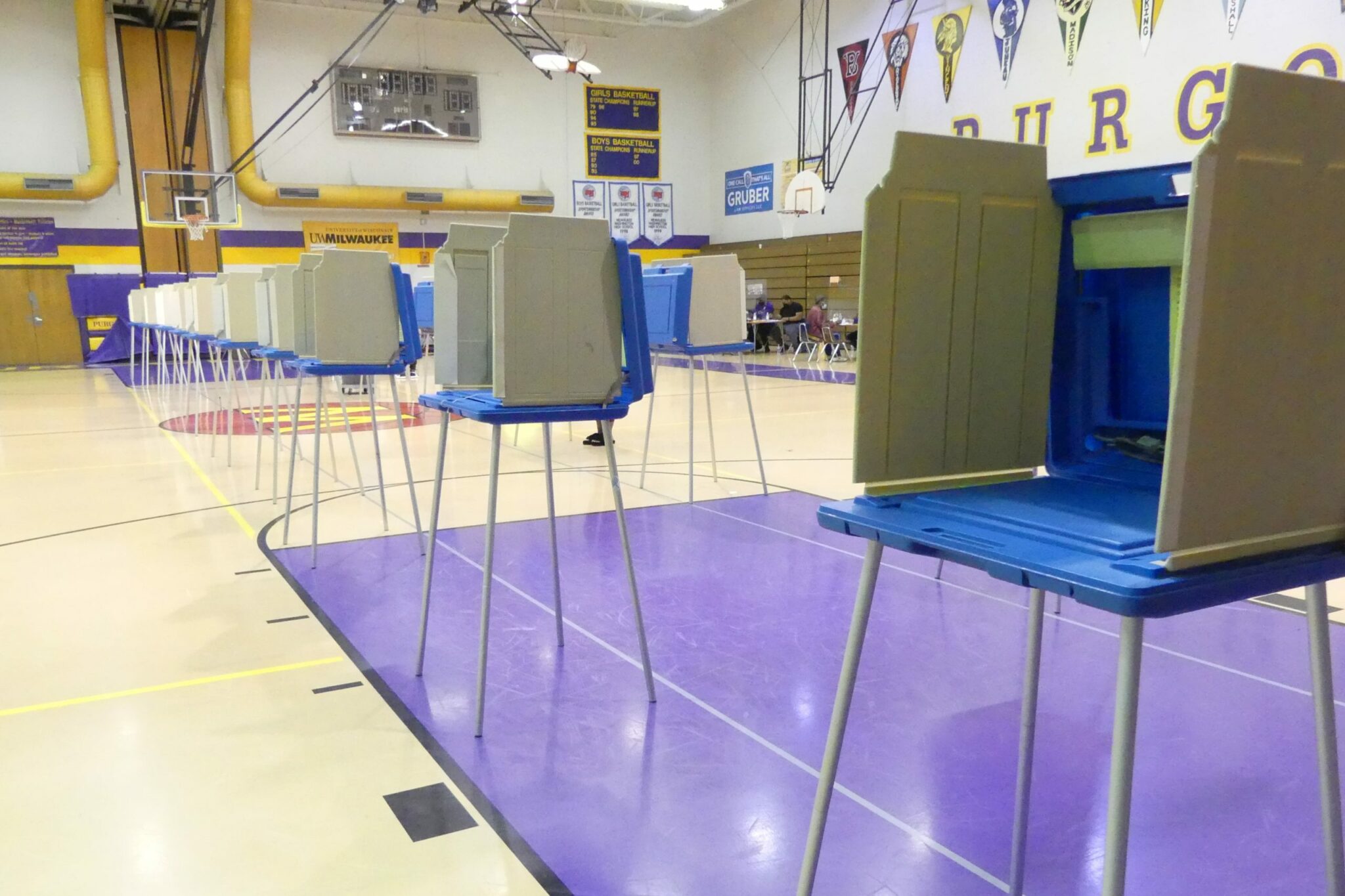The state Elections Commission voted unanimously to reject a complaint against 10 Republican electors who submitted documents to the federal government claiming they were casting Wisconsin's votes for Donald Trump even though Joe Biden won the state. Commissioner Bob Spindell participated in the unanimous commission vote despite being one of the 10 electors who was accused of breaking the law. Wit...
Please log in to access subscriber content.
If you don't have a subscription, please contact schmies@wispolitics.com for subscription options on the WisPolitics-State Affairs platform, which is the new home for WisPolitics subscriber products.


